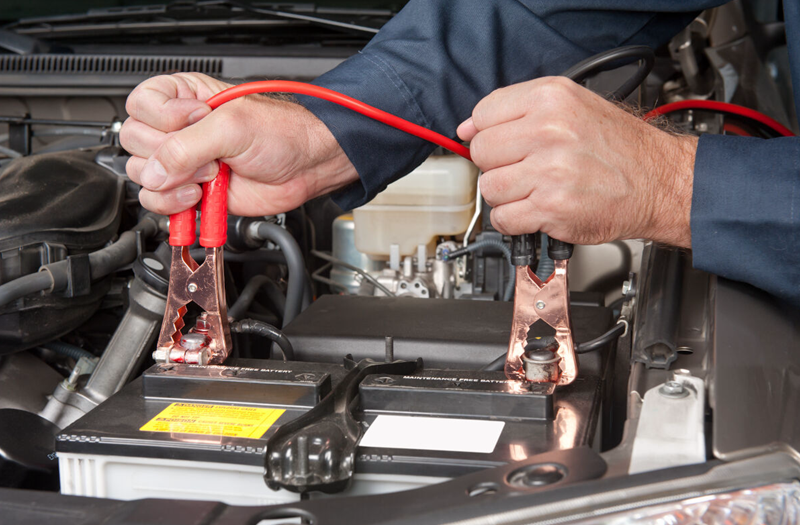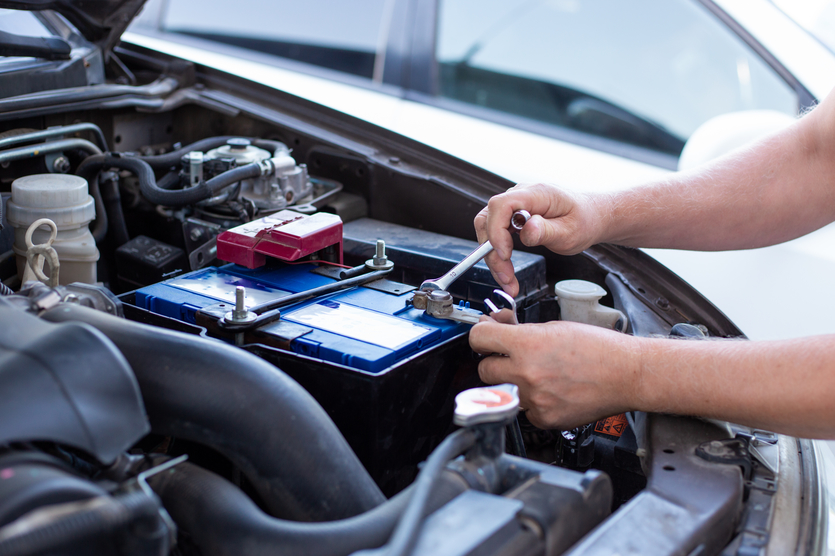Lithium iron phosphate (LiFePO4) battery cells
Lithium iron phosphate (LiFePO4) battery cells have become increasingly popular in recent years due to their high energy density, long cycle life, and safety features. These batteries are commonly used in a variety of applications, including electric vehicles, renewable energy storage, and portable electronics.
LiFePO4 batteries are made up of several components, including a cathode, an anode, a separator, and an electrolyte. The cathode is made up of a lithium iron phosphate material, which is highly stable and resistant to thermal runaway. The anode is typically made up of graphite or a similar material. The separator is a thin, porous membrane that allows the lithium ions to move back and forth between the cathode and anode. The electrolyte is a liquid or gel-like substance that contains lithium salts and facilitates the movement of ions.
One of the main advantages of LiFePO4 batteries is their high energy density. This means that they can store a large amount of energy in a relatively small amount of space. This makes them ideal for use in electric vehicles, where a compact and lightweight battery pack is essential for maximizing range and efficiency.
Another key advantage of LiFePO4 batteries is their long cycle life. Unlike other types of lithium-ion batteries, which can degrade quickly over time, LiFePO4 batteries can withstand thousands of charge and discharge cycles without significant loss of capacity. This makes them ideal for use in renewable energy storage applications, where the battery may need to be charged and discharged on a daily basis.
In addition to their high energy density and long cycle life, LiFePO4 batteries are also known for their safety features. Unlike other types of lithium-ion batteries, which can be prone to thermal runaway and other dangerous events, LiFePO4 batteries are highly stable and unlikely to catch fire or explode. This makes them a popular choice for use in portable electronics, where safety is a top priority.

Despite their many advantages, LiFePO4 batteries do have some limitations. For example, they are typically more expensive than other types of lithium-ion batteries, which can make them less attractive for certain applications. Additionally, LiFePO4 batteries tend to have lower power density than other lithium-ion batteries, which can limit their use in high-performance applications.
Overall, however, Lithium iron phosphate (LiFePO4) battery cells are a highly promising technology that is likely to play an increasingly important role in the future of energy storage and transportation. With their high energy density, long cycle life, and safety features, they offer a compelling option for a wide range of applications, from electric vehicles to renewable energy storage to portable electronics.
-
 Introduction: In recent years, there has been a rapid advancement in the field of robotics, particularly in the development of smart mobile robots. These robots are becoming increasingly prevalent in various industries, from manufacturing and logistics to healthcare and agriculture. One of the key factors that contribute to the efficiency and performance of these robots is the power source they...Læs mere
Introduction: In recent years, there has been a rapid advancement in the field of robotics, particularly in the development of smart mobile robots. These robots are becoming increasingly prevalent in various industries, from manufacturing and logistics to healthcare and agriculture. One of the key factors that contribute to the efficiency and performance of these robots is the power source they...Læs mere -
 The LiFePO4 battery, or lithium iron phosphate battery, is a type of rechargeable battery that has gained popularity in recent years due to its high energy density, long cycle life, and improved safety compared to other lithium-ion batteries. One of the key factors that make LiFePO4 batteries attractive to consumers is their durability and longevity. In this article, we will...Læs mere
The LiFePO4 battery, or lithium iron phosphate battery, is a type of rechargeable battery that has gained popularity in recent years due to its high energy density, long cycle life, and improved safety compared to other lithium-ion batteries. One of the key factors that make LiFePO4 batteries attractive to consumers is their durability and longevity. In this article, we will...Læs mere -
 The rapid advancement in technology has increased the demand for efficient and reliable power sources. Among these sources, the 3.2V LiFePO4 battery has gained significant attention due to its unique characteristics and outstanding performance. This article aims to explore the features, advantages, and applications of the 3.2V LiFePO4 battery, highlighting its importance as a power source in various industries. ...Læs mere
The rapid advancement in technology has increased the demand for efficient and reliable power sources. Among these sources, the 3.2V LiFePO4 battery has gained significant attention due to its unique characteristics and outstanding performance. This article aims to explore the features, advantages, and applications of the 3.2V LiFePO4 battery, highlighting its importance as a power source in various industries. ...Læs mere -
 Introduction Lithium batteries are rechargeable batteries that are commonly used in portable electronic devices and electric vehicles. They are popular because they have a high energy density, meaning they can store a large amount of energy in a small volume or weight. This makes them ideal for use in portable devices that require a long-lasting battery. In this article,...Læs mere
Introduction Lithium batteries are rechargeable batteries that are commonly used in portable electronic devices and electric vehicles. They are popular because they have a high energy density, meaning they can store a large amount of energy in a small volume or weight. This makes them ideal for use in portable devices that require a long-lasting battery. In this article,...Læs mere -
 As urban areas become more congested and the need for sustainable transportation increases, electric bikes and scooters have emerged as popular alternatives to traditional modes of transportation. These vehicles offer a convenient and eco-friendly way to navigate through busy streets. At the heart of these electric rides lies the battery, providing the power needed to propel riders forward. In this...Læs mere
As urban areas become more congested and the need for sustainable transportation increases, electric bikes and scooters have emerged as popular alternatives to traditional modes of transportation. These vehicles offer a convenient and eco-friendly way to navigate through busy streets. At the heart of these electric rides lies the battery, providing the power needed to propel riders forward. In this...Læs mere -
 In today's fast-paced and technology-driven world, industries heavily rely on batteries to power their operations. Whether it is forklifts in warehouses, cranes in construction sites, or electric vehicles on the road, industrial batteries play a critical role in ensuring smooth and uninterrupted workflow. However, to unleash the full potential of these batteries, it is crucial to have efficient and powerful...Læs mere
In today's fast-paced and technology-driven world, industries heavily rely on batteries to power their operations. Whether it is forklifts in warehouses, cranes in construction sites, or electric vehicles on the road, industrial batteries play a critical role in ensuring smooth and uninterrupted workflow. However, to unleash the full potential of these batteries, it is crucial to have efficient and powerful...Læs mere -
 In today's fast-paced world, having a reliable and efficient 24V on-board battery charger for your vehicle is essential. Whether you own a truck, RV, or boat, ensuring that your battery is always powered up and ready to go is crucial for a seamless and hassle-free experience. In this article, we will explore the importance of having a reliable on-board battery...Læs mere
In today's fast-paced world, having a reliable and efficient 24V on-board battery charger for your vehicle is essential. Whether you own a truck, RV, or boat, ensuring that your battery is always powered up and ready to go is crucial for a seamless and hassle-free experience. In this article, we will explore the importance of having a reliable on-board battery...Læs mere

